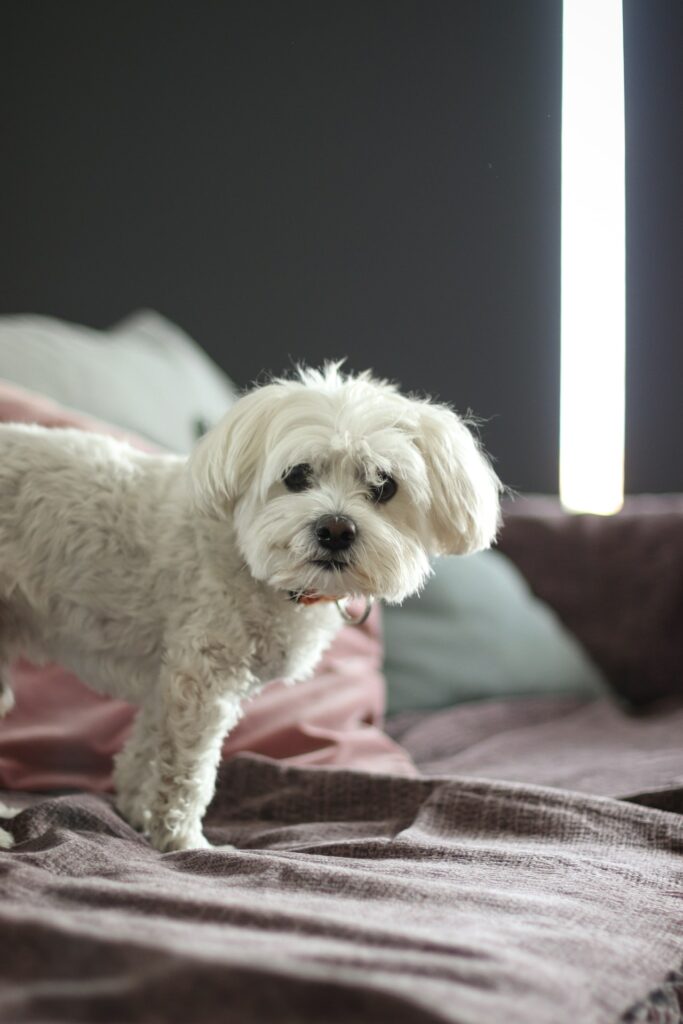Does a Bichon Frise Shed? What Pet Owners Need to Know
Shedding can be an issue for pet owners who want to keep their homes clean and fur-free. If you’re considering adding a Bichon Frise to your family, it’s important to know whether or not they shed. In this article, we will explore the question of ‘Do Bichon Frise shed?’ and provide tips on how best to manage to shed when it does occur. We will also discuss why knowing if a breed shed is important before bringing one into your home. So read on and discover all you need to know about Bichon Frise shed!
What Are Bichon Frise?
Bichon Frises, or “curly lap dogs” as often referred to, are small, friendly, and fluffy white pups from the Mediterranean. They have become increasingly popular over the last few decades due to their loving and loyal natures. An important factor in deciding whether to get a Bichon Frise is whether they shed – after all, pet owners want a clean home! So, do Bichon Frise shed? Read on to find out more.
Do Bichon Frise Shed?
Bichons are different from other breeds in that they do not have an undercoat like Labradors. They should not shed too heavily compared to other breeds. A Bichon’s hair will grow continuously and needs regular grooming to ensure its coat stays in top condition. Some pet owners report finding fur around their house with a Bichon Frise, but this should be minimal compared to other breeds.
Grooming Requirements for the Bichon Frise
As mentioned previously, since the hair of a Bichon does not shed as much as other breeds, it requires regular grooming if you want it to look good and stay healthy. Generally speaking, you should brush your pup at least twice a week, including combing and trimming its fur when needed. Additionally, you may need to take your pup for professional grooming sessions about every 6-8 weeks so that its coat stays in top shape.
Benefits of Owning a Low-Shedding Dog
The fact that the Bichon has low shedding fur means that you don’t need to spend as much time cleaning up after them; it also means less mess around the house which can be beneficial if you don’t want your furniture becoming covered in dog hair! Furthermore, if anyone in your household suffers from allergies, a low-shedding dog may be ideal, as there won’t be too much dander released into the air.
Factors That Affect How Much a Dog Sheds
The amount of shedding is generally determined by breed, but there are several factors which can affect how much an individual pup sheds:
- Diet: Eating food with high-quality ingredients can help keep their coats healthy, which can reduce the amount of shedding;
- Health: If your pup is unhealthy or stressed, then this can cause them to shed more than usual;
- Seasonal Changes: During cold weather, most dogs will experience extra shedding due to their bodies trying to keep them warm.
- Age: As puppies reach adulthood, their coats start maturing, which can lead them to shed more than before;
- Breed: As mentioned before, certain breeds, such as Labradors, will naturally shed more than others such as Malteses or Poodles;
Conclusion
In conclusion, although all pups will naturally shed some fur throughout the year regardless of breed, generally speaking, Bichons have deficient levels of shedding compared with many other breeds, thanks mainly due to their lack of an undercoat layer. To ensure that these curly lap dogs look their best regular grooming is required, along with ensuring that it has access to nutritious food and doing what they can to reduce any stress experienced by their pup.
We hope this article has helped provide you with information about do Bichon Frise shed and their grooming requirements. If you have taken the leap and adopted a Bichon Frise, or are thinking of getting one soon, make sure to visit Furrr.co.uk for great pet insurance deals that will keep your new pup safe and covered in case they ever become ill or injured! Visit Furrr.co.uk today to get your pet insured!










